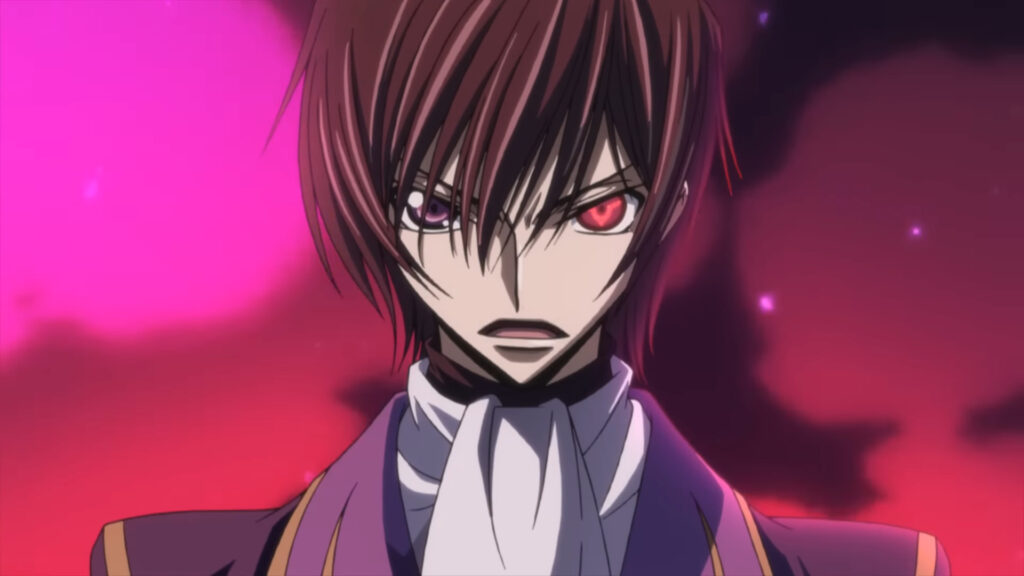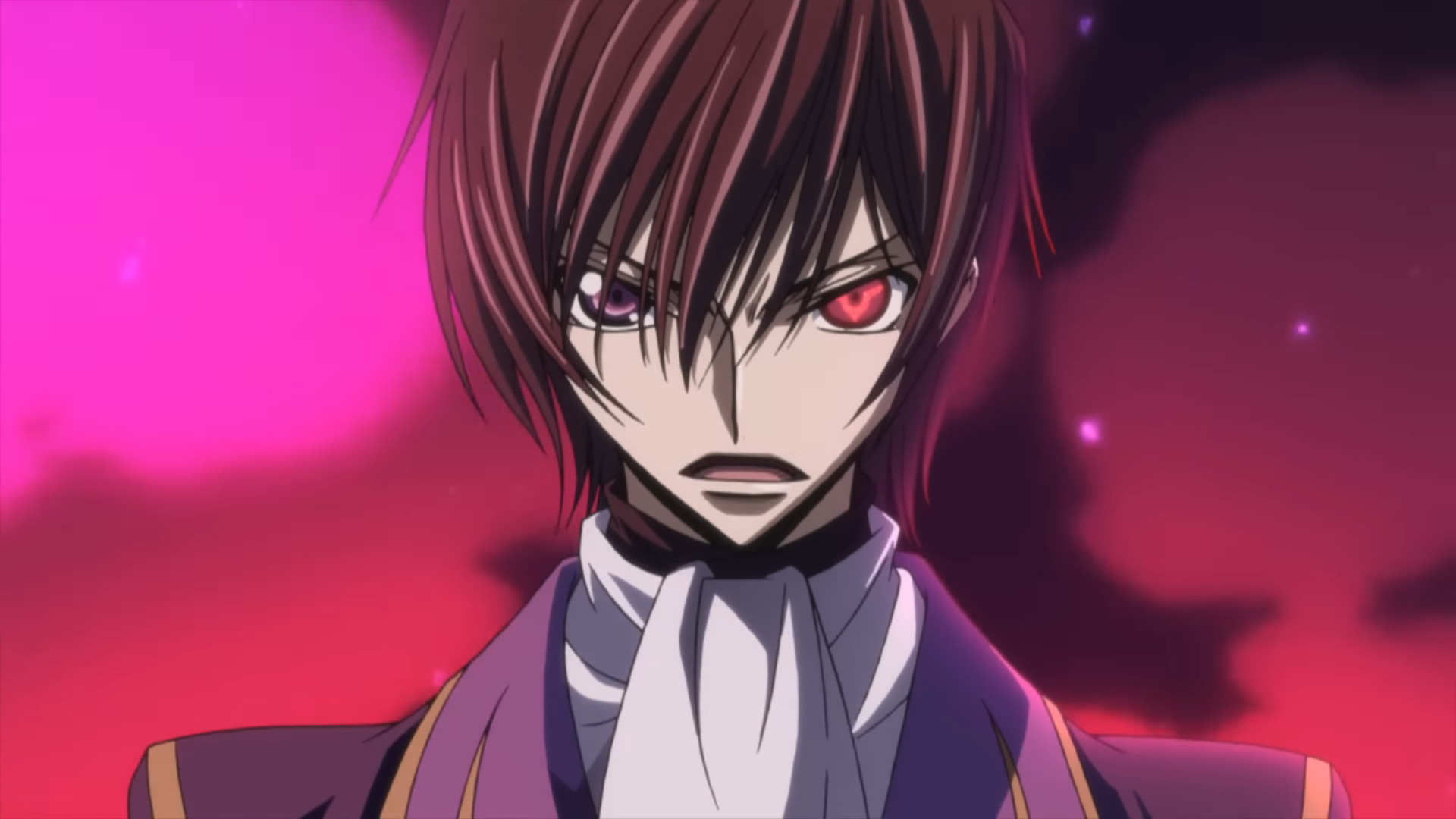
Lelouch Lamperouge and the Power of Geass: A Deep Dive into Code Geass’s Enigmatic Protagonist
Lelouch Lamperouge, the strategic mastermind behind the Black Knights, is arguably one of anime’s most complex and compelling protagonists. His quest for vengeance against Britannia, fueled by the desire to create a better world for his sister Nunnally, is intricately intertwined with the power of Geass. This article delves into the multifaceted character of Lelouch Lamperouge, exploring his motivations, his utilization of Geass, and his lasting impact on the world of Code Geass.
The Origins of a Rebel: Lelouch’s Backstory
Born as Lelouch vi Britannia, the eleventh prince of the Britannian Imperial Family, Lelouch‘s life took a dramatic turn after his mother, Marianne vi Britannia, was assassinated. This event, coupled with his father’s apparent indifference and the subsequent crippling of his sister Nunnally, led Lelouch to renounce his royal lineage and vow to destroy Britannia. He adopted the alias Lelouch Lamperouge and sought refuge in Area 11 (formerly Japan), harboring a burning resentment and a desire for revenge.
This backstory is crucial in understanding Lelouch‘s actions. His trauma and sense of injustice form the bedrock of his revolutionary zeal. He isn’t simply seeking power; he is driven by a deep-seated need to rectify the wrongs he perceives in the world, particularly the suffering inflicted upon his sister.
The Acquisition of Geass: A Turning Point
Lelouch‘s life changed irrevocably when he encountered C.C., a mysterious immortal woman who granted him the power of Geass. Initially manifesting as the power of absolute obedience, Geass allows Lelouch to issue commands that others must obey without question. This power, however, comes with a significant caveat: it is uncontrollable at first and grows stronger with repeated use, eventually becoming permanently active and potentially overwhelming its user.
The acquisition of Geass is a pivotal moment for Lelouch. It provides him with the means to enact his plans and challenge the might of Britannia. However, it also introduces a moral quandary: the use of Geass raises questions about free will, manipulation, and the potential for abuse. Lelouch grapples with these ethical implications throughout the series, often justifying his actions as necessary for the greater good.
Zero: The Mask of Revolution
Adopting the persona of Zero, a masked revolutionary, Lelouch becomes the leader of the Black Knights, a resistance group fighting against Britannian oppression. As Zero, he inspires hope in the downtrodden and orchestrates daring operations against the Britannian military. His strategic brilliance and charismatic leadership make him a symbol of rebellion and a formidable threat to the established order.
The Zero persona allows Lelouch to separate his personal identity from his revolutionary activities. It provides him with a degree of anonymity and allows him to operate without endangering his friends and family. However, the duality of his existence creates a constant tension, forcing him to reconcile his personal desires with the demands of his role as Zero.
The Strategic Genius of Lelouch
One of Lelouch‘s defining characteristics is his exceptional strategic intellect. He possesses an uncanny ability to analyze situations, anticipate his opponents’ moves, and devise intricate plans to achieve his objectives. His tactical prowess is evident in the numerous battles he leads, often turning seemingly impossible odds in his favor.
Lelouch‘s strategic genius isn’t simply about military tactics; it also involves understanding human psychology and manipulating people’s emotions. He uses propaganda, deception, and psychological warfare to undermine his enemies and rally support for his cause. This manipulative aspect of his character further complicates his moral standing, blurring the lines between hero and villain.
The Moral Ambiguity of Geass’s Power
The use of Geass is a recurring theme in Code Geass, raising questions about the nature of power and its corrupting influence. Lelouch‘s reliance on Geass forces him to confront the ethical implications of his actions. While he often justifies its use as a means to an end, he is also aware of the potential for abuse and the harm it can inflict.
The series explores the consequences of Geass on both the user and the victim. Lelouch‘s own Geass eventually becomes uncontrollable, leading to tragic consequences. The victims of Geass are stripped of their free will, forced to act against their own desires. This raises fundamental questions about autonomy, consent, and the responsibility that comes with wielding such a powerful ability.
The Complex Relationship with Suzaku Kururugi
Lelouch‘s relationship with Suzaku Kururugi is one of the most complex and compelling aspects of Code Geass. Childhood friends who find themselves on opposing sides of the conflict, Lelouch and Suzaku represent two contrasting approaches to achieving peace. Lelouch believes that drastic measures are necessary to dismantle the corrupt system of Britannia, while Suzaku seeks to reform the system from within.
Their differing ideologies and allegiances create a constant tension between them. They are both driven by a desire to create a better world, but their methods are diametrically opposed. This conflict culminates in a tragic confrontation, forcing them to make difficult choices that have profound consequences for the world around them. Their relationship is a microcosm of the larger conflict between Britannia and the resistance, highlighting the complexities of war and the challenges of achieving lasting peace.
The Zero Requiem: A Controversial Solution
The climax of Code Geass involves the Zero Requiem, a complex and controversial plan devised by Lelouch and Suzaku. The plan involves Lelouch becoming the ultimate symbol of evil, uniting the world against him, and then being assassinated by Suzaku, thus ending the cycle of hatred and violence. [See also: Code Geass: Resurrection – A Sequel Analysis]
The Zero Requiem is a morally ambiguous solution that raises numerous questions about sacrifice, manipulation, and the justification of violence. While it ultimately achieves its goal of creating a more peaceful world, it comes at a great cost. Lelouch sacrifices his own life and reputation, becoming a universally hated figure in order to usher in an era of peace. This act of self-sacrifice is both heroic and tragic, cementing Lelouch‘s status as one of anime’s most complex and unforgettable protagonists.
The Enduring Legacy of Lelouch Lamperouge
Lelouch Lamperouge remains a captivating and controversial figure in anime history. His strategic brilliance, his moral ambiguity, and his tragic fate have resonated with audiences worldwide. He is a character who challenges our preconceived notions of good and evil, forcing us to confront the complexities of power, sacrifice, and the pursuit of justice. His influence on the anime landscape is undeniable, inspiring countless other stories with morally gray protagonists and intricate political narratives.
The exploration of Geass as a metaphor for power and control remains relevant in today’s world. The series prompts viewers to consider the ethical implications of wielding influence and the potential for abuse. Lelouch‘s journey serves as a cautionary tale about the dangers of unchecked power and the importance of considering the consequences of our actions. [See also: The Philosophical Underpinnings of Code Geass]
In conclusion, Lelouch Lamperouge is more than just a revolutionary leader; he is a symbol of hope, despair, and the enduring human desire for a better world. His story, intertwined with the power of Geass, continues to be debated and analyzed, solidifying his place as an icon of the anime genre.

